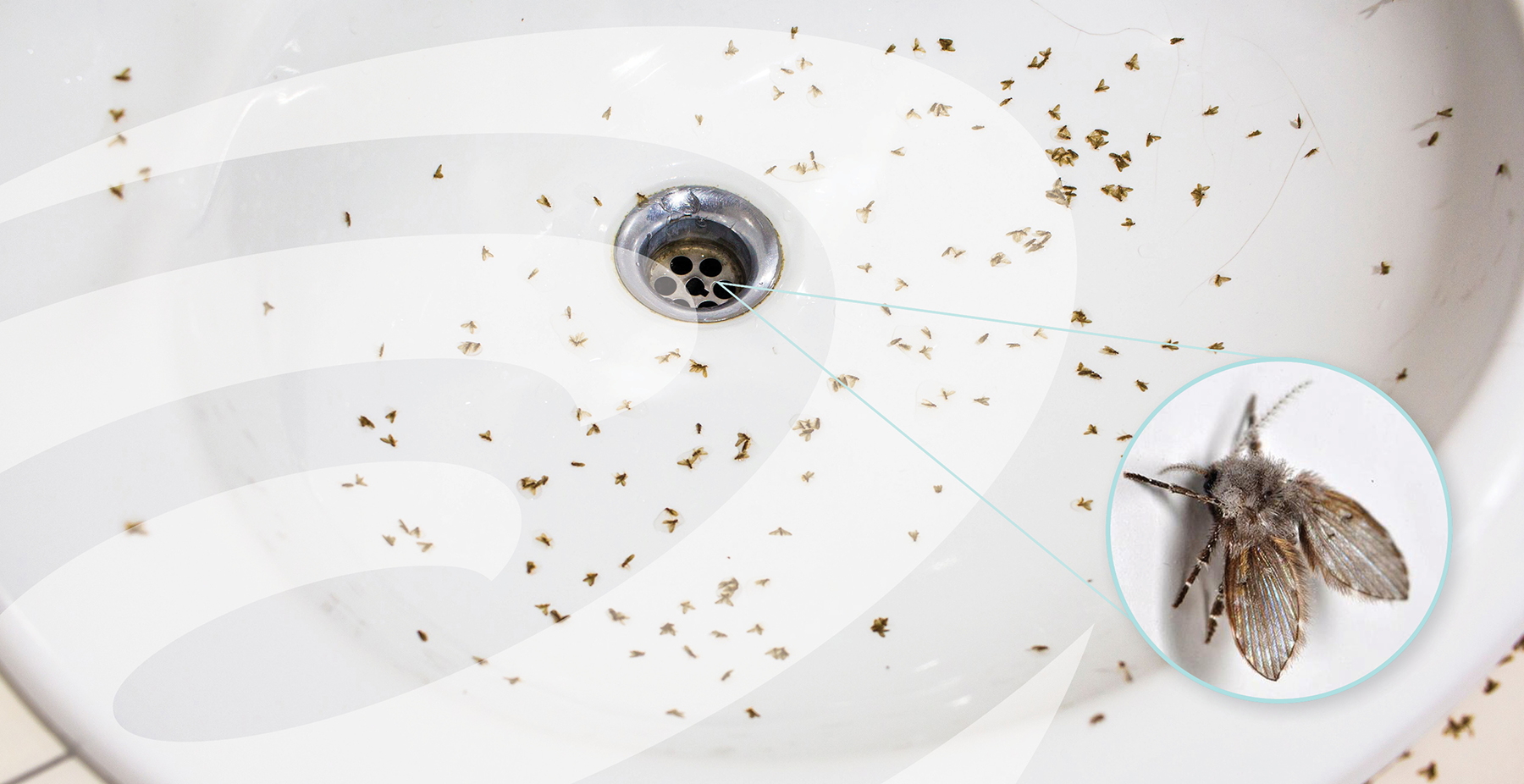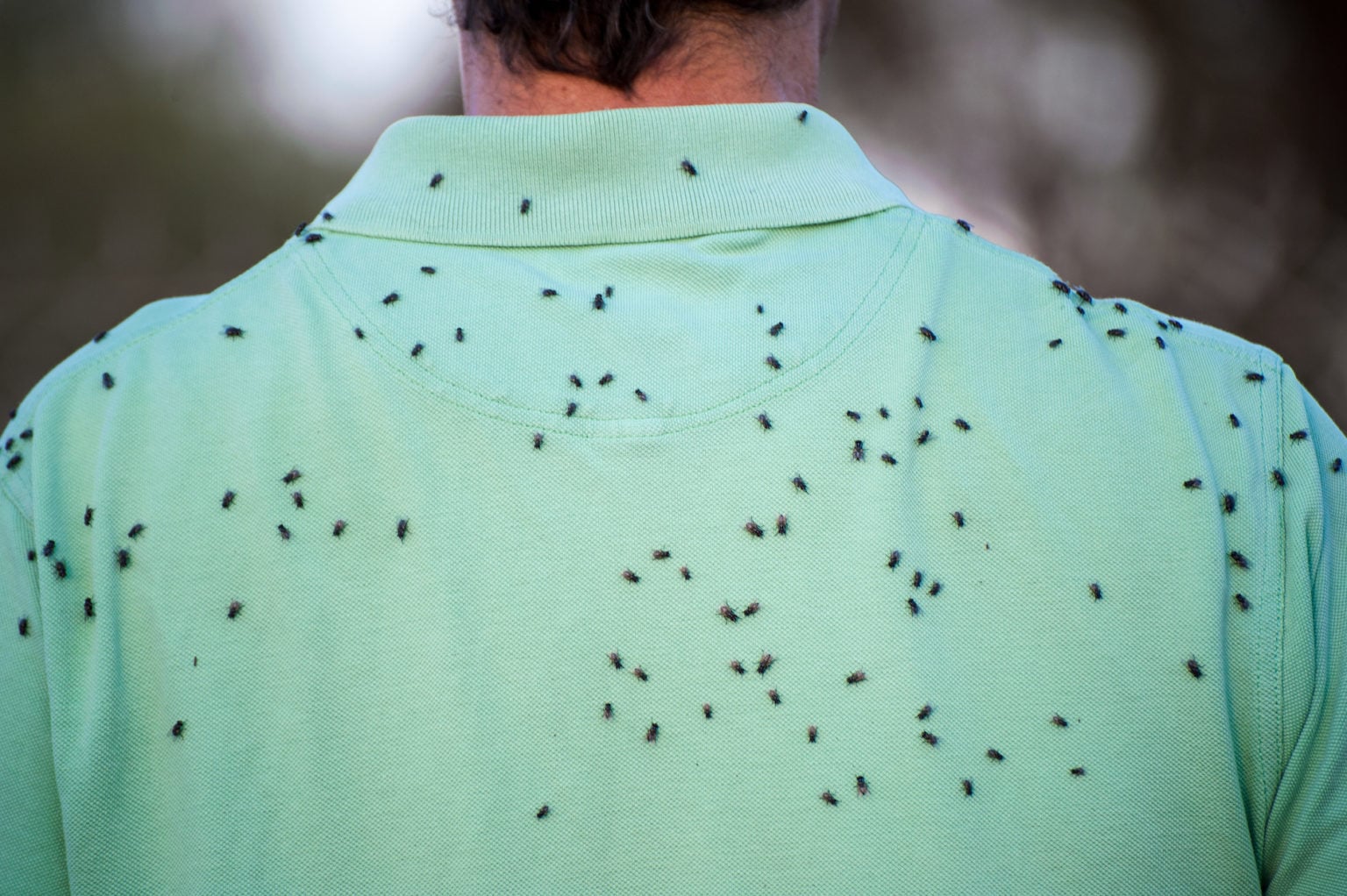Black Flies: Black Flies In Bathroom
Black flies, also known as “buffalo gnats,” are small, biting flies that can be a nuisance and sometimes even a health hazard. These insects are commonly found in damp, humid environments near water sources, making them a frequent visitor to bathrooms, especially those with poor ventilation or leaky pipes.
Life Cycle and Habitat
Black flies undergo a complete metamorphosis, which involves four distinct stages: egg, larva, pupa, and adult.
- Eggs: Black fly eggs are typically laid in clusters on submerged objects or vegetation in flowing water.
- Larvae: Black fly larvae are aquatic and attach themselves to rocks, vegetation, or other submerged surfaces. They feed on algae and other organic matter.
- Pupae: The larval stage transforms into a pupa, which is a non-feeding stage where the insect undergoes metamorphosis.
- Adults: Adult black flies emerge from the pupae and are winged, allowing them to fly and seek out hosts for blood meals.
Black flies are commonly found in areas with running water, such as rivers, streams, and even leaky faucets. They are particularly prevalent in areas with dense vegetation, as this provides ideal breeding grounds for their larvae.
Physical Characteristics
Black flies are relatively small, typically measuring between 1/16 to 1/8 of an inch in length. They have a distinctive humpbacked appearance and are often black or dark gray in color. Unlike mosquitoes, black flies have short, stout antennae and lack the long, piercing proboscis. Their mouthparts are designed for biting and scraping, which is how they obtain blood from their hosts.
Common Misconceptions
There are a few common misconceptions about black flies and their behavior.
- Myth: Black flies are attracted to light. Fact: Black flies are not attracted to light like moths or other insects. They are primarily attracted to their hosts, seeking out blood meals.
- Myth: Black flies only bite during the day. Fact: While black flies are most active during the day, they can bite at any time of day or night, depending on the species and environmental conditions.
- Myth: Black flies are harmless. Fact: Black fly bites can be painful and itchy, and some species can transmit diseases, such as Onchocerciasis (river blindness).
Black Flies in Bathrooms

Black flies, those tiny, pesky insects that can make your bathroom experience uncomfortable, often find their way into our homes. While they may seem like a nuisance, understanding why they’re attracted to our bathrooms can help us prevent them from becoming a recurring problem.
Common Entry Points for Black Flies
Black flies are known for their persistence in finding their way into our homes. They can exploit various entry points, making it crucial to identify and address these vulnerabilities.
- Open Windows and Doors: Black flies can easily enter through open windows and doors, especially if they are not fitted with screens. They can also enter through cracks and gaps around windows and doors.
- Drains and Pipes: These areas provide easy access for black flies, especially if they are not properly sealed or maintained. The moisture and organic matter present in drains can attract black flies, making them prime entry points.
- Ventilation Systems: Black flies can exploit ventilation systems, such as bathroom fans, to enter your home. If these systems are not properly sealed or maintained, they can become entry points for black flies.
Attractants for Black Flies in Bathrooms
Black flies are attracted to specific conditions and substances often found in bathrooms, making them prime targets for these pesky insects.
- Moisture: Black flies are attracted to moisture, making bathrooms, with their showers, tubs, and sinks, particularly appealing. They need moisture to reproduce, and the damp environment in a bathroom provides an ideal breeding ground.
- Organic Matter: Black flies are attracted to organic matter, such as decaying plant material, animal waste, and even hair. These substances provide a source of food and nutrients for the flies. Bathrooms often have these attractants, especially around drains and in shower areas.
- Light: Black flies are attracted to light, and the bright lights in bathrooms can draw them in, especially during the night. They are often attracted to the light emanating from bathroom fixtures, such as mirrors and vanity lights.
The Role of Moisture and Organic Matter
Moisture and organic matter play a significant role in attracting black flies to bathrooms. These factors provide the essential elements for black flies to thrive and reproduce.
- Moisture for Reproduction: Black flies need moisture to reproduce, and bathrooms, with their frequent water use, offer ideal breeding conditions. They lay their eggs in damp areas, such as around drains, in shower areas, or even on wet towels. The moisture provides a suitable environment for the eggs to hatch and the larvae to develop.
- Organic Matter as a Food Source: Organic matter, such as hair, skin cells, and food particles, provides a source of food and nutrients for black flies. Bathrooms often have these organic materials, particularly around drains and in shower areas. These materials provide a readily available food source for black flies, attracting them to the bathroom environment.
Dealing with Black Flies in Bathrooms

Black flies, those tiny, persistent pests, can be a real nuisance in bathrooms, especially during warm, humid months. They are attracted to moisture and can easily breed in damp environments, making bathrooms a prime target for infestations. While dealing with an existing infestation can be frustrating, taking preventative measures and implementing effective control strategies can significantly reduce their presence and keep your bathroom fly-free.
Preventing Black Fly Infestations in Bathrooms
Preventing black flies from establishing a breeding ground in your bathroom is crucial. Here are some key strategies to keep them at bay:
- Eliminate Moisture Sources: Black flies thrive in damp environments. Ensure proper ventilation in your bathroom, using exhaust fans during and after showers or baths. Address any leaks promptly, and wipe down surfaces after use to minimize moisture buildup.
- Seal Entry Points: Black flies can find their way into your bathroom through cracks, gaps, and open windows. Inspect your bathroom thoroughly and seal any openings with caulk or weather stripping. Use screens on windows and doors to prevent them from entering.
- Clean Regularly: Regular cleaning is essential to prevent black flies from finding suitable breeding grounds. Pay particular attention to areas prone to moisture buildup, such as shower stalls, tubs, and sinks. Use a disinfectant cleaner to eliminate any potential breeding sites.
- Maintain Cleanliness of Drains: Bathroom drains can be breeding grounds for black flies, especially if they are clogged or have standing water. Clean drains regularly with a drain cleaner or baking soda and vinegar mixture to remove any organic matter and prevent clogs.
- Keep Garbage and Trash Out: Black flies are attracted to decaying organic matter. Dispose of garbage promptly and keep trash cans clean and sealed. Avoid leaving dirty laundry in the bathroom for extended periods.
Eliminating Existing Black Fly Populations
If you already have a black fly infestation in your bathroom, it’s time to take action to eliminate them. Here are some effective strategies:
- Use Insecticides: You can use insecticidal sprays, foggers, or traps specifically designed for black flies. Follow the manufacturer’s instructions carefully and ensure proper ventilation during and after application.
- Fly Traps: There are various types of fly traps available, including sticky traps, electric traps, and pheromone traps. Place traps strategically in areas where black flies are most prevalent.
- Natural Repellents: Some natural repellents, such as essential oils of peppermint, lavender, and citronella, can help deter black flies. You can use essential oil diffusers or create homemade sprays.
- Vacuuming: Regular vacuuming can help remove black flies and their eggs from carpets, rugs, and other surfaces. Empty the vacuum bag or canister after each use.
Preventative Measures Checklist
Here’s a checklist of preventative measures to implement on a regular basis to keep black flies out of your bathroom:
- Ventilate bathroom during and after showers/baths.
- Inspect and seal any cracks or gaps around windows and doors.
- Clean bathroom surfaces regularly with a disinfectant cleaner.
- Clean drains regularly to prevent clogs and standing water.
- Dispose of garbage promptly and keep trash cans clean and sealed.
- Avoid leaving dirty laundry in the bathroom for extended periods.
